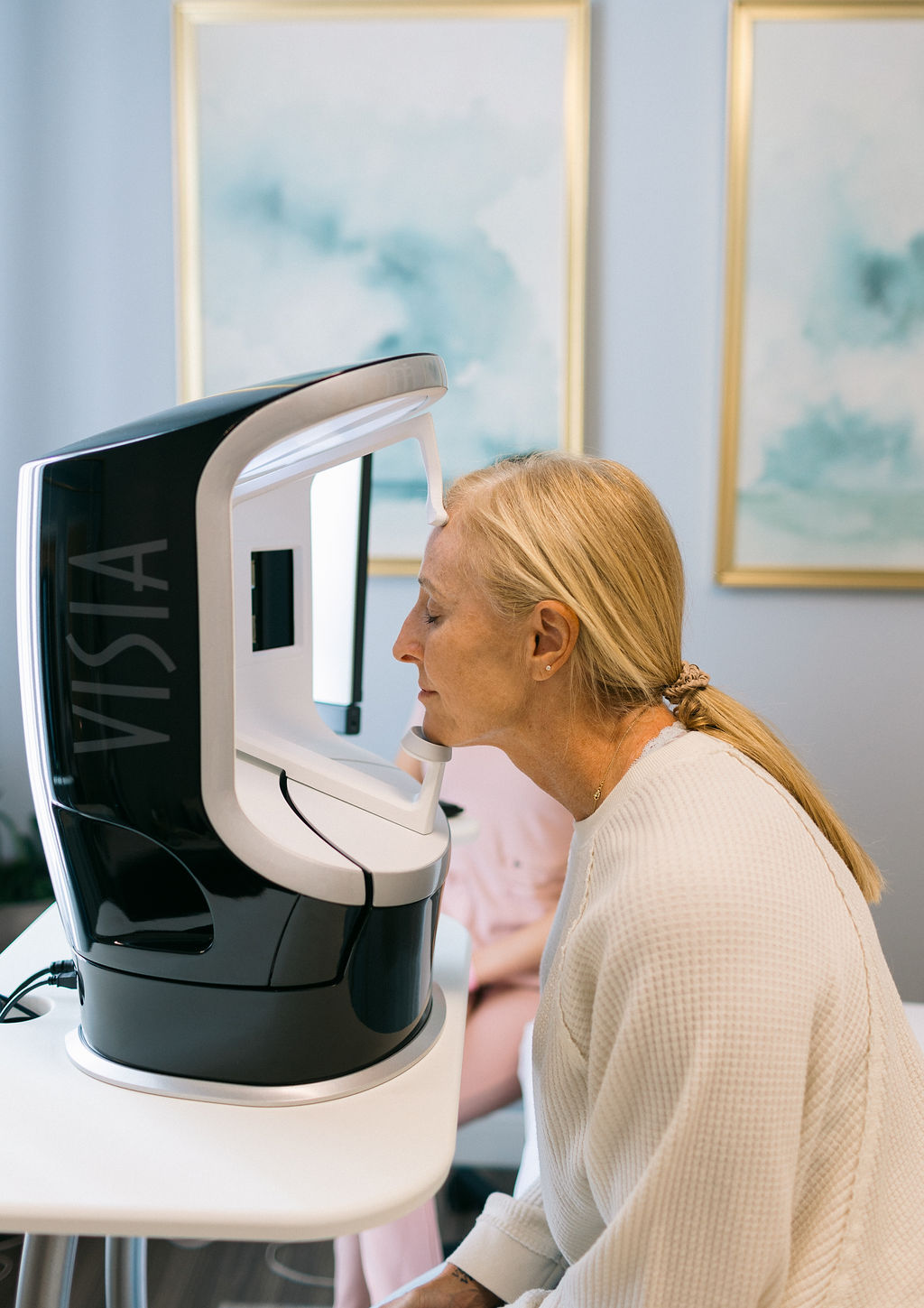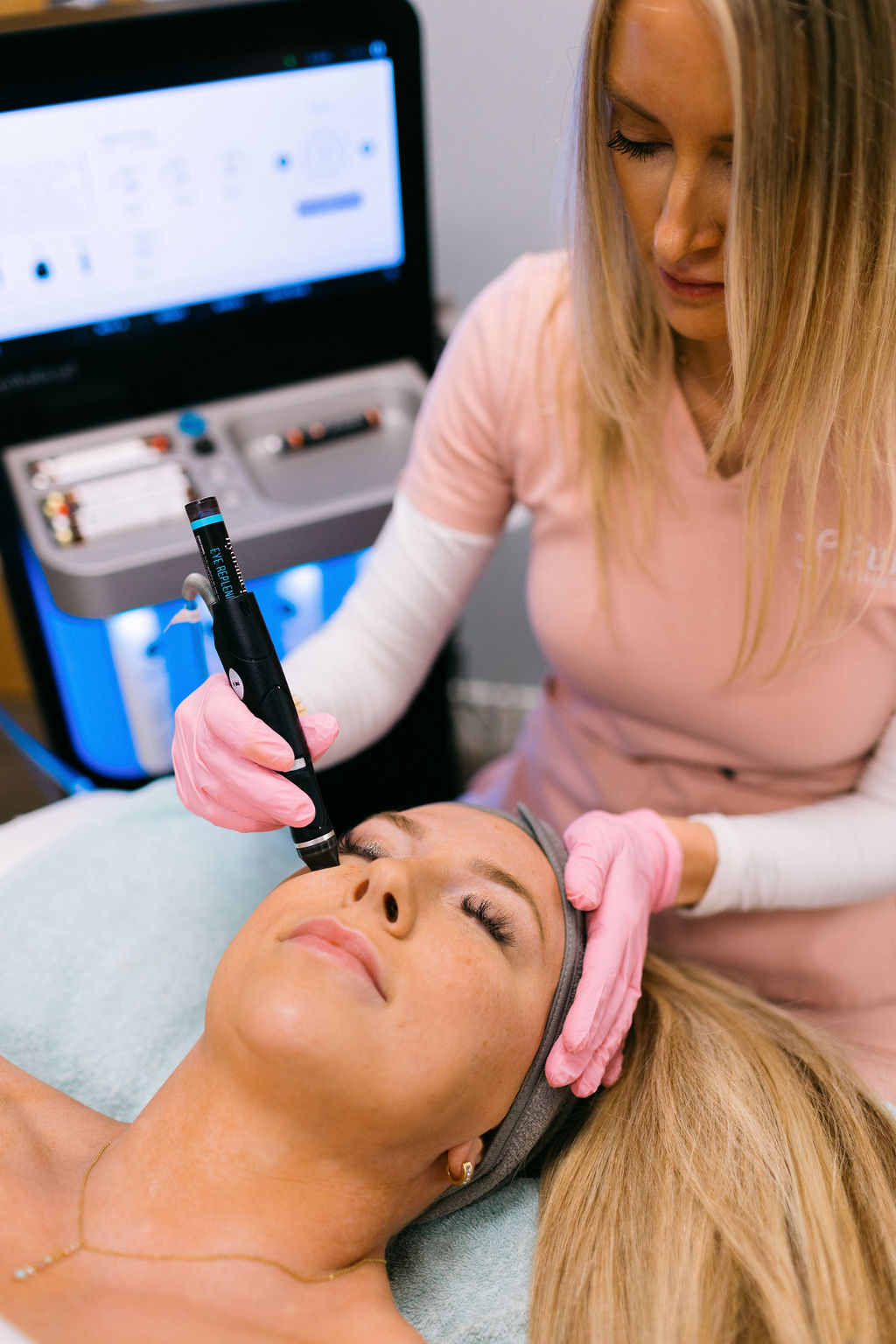When it comes to skin health, hormones play a pivotal role that often goes unnoticed until imbalance rears its head. Understanding the many ways that hormones impact your skin can unlock the door to not only achieving that radiant, healthy glow that we all desire, but also maintaining it through every stage of life. If you’re wondering, “How can hormones affect your skin?”, then this blog is for you. Keep reading to discover the critical connection between hormones and skin health, as well as learn how Pure Aesthetics can help you achieve beautiful skin no matter your hormonal concerns.

Hormones are chemical messengers produced by the endocrine glands in our bodies. They travel through the bloodstream, carrying important instructions to various tissues and organs, including the skin. These instructions can affect a wide range of bodily functions such as growth and development, metabolism, reproduction, and yes, even skin health.
In fact, hormones regulate almost every process in our bodies; in the context of skin, this applies to the production of oils, collagen, and elastin — three components that play a vital role in keeping skin clear, hydrated, and plump. When hormone levels fluctuate, they can impact the production of these substances, leading to various skin issues, such as:
Once you start the importance of hormones in maintaining healthy skin, you can begin diving deeper into the specific issues you’re experiencing to create an optimal treatment plan. Let’s start by breaking down three major hormones that can have a significant impact on your skin:
Beyond these key hormones, you should also know about cortisol, commonly known as the “stress hormone,” when it comes to how can hormones affect your skin. If you produce high levels of cortisol, this can exacerbate skin conditions and accelerate aging, making stress management key at any stage of life.

With skin being the body’s largest organ, we often see the first signs of hormonal imbalances reflected in our skin’s health. Knowing the signs is invaluable for early detection and effective treatment, so here are some of the common symptoms to look out for:
At Pure Aesthetics, we provide expert aesthetic care through individualized treatment plans designed to help you look and feel your best. We offer a comprehensive suite of treatments aimed at addressing hormone-related skin issues effectively and sustainably.
Whether you’re seeking a hydrating Hydrafacial to rejuvenate dry skin or need an advanced treatment like Microneedling Skin Pen to reduce sun damage or scarring, our #1 rated Med Spa is here to help!
Our approach begins with a miniature facial and an in-depth consultation, using the VISIA Skin Analysis, to understand your unique skin concerns and medical history. If you’re looking for a trusted partner to help you understand and navigate how can hormones affect your skin, book your VISIA skin care consult plus mini facial to get started.
By combining our deep industry knowledge with a caring, personalized approach, we ensure that every treatment plan is as unique as you are, fostering confidence and promoting beauty from the inside and out!